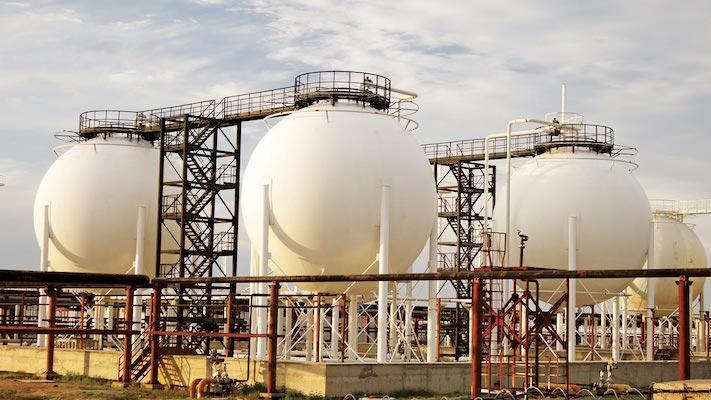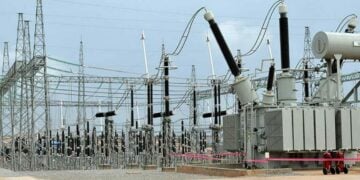Energy and environment experts have called on the federal government to intensify efforts to convert gas flaring into economic value. They describe the practice as a major waste of national resources and a setback to environmental and industrial development.
For more than five decades, gas flaring has remained a persistent challenge in Nigeria’s oil-producing Niger Delta region. The practice releases millions of cubic feet of natural gas into the atmosphere daily, contributing to environmental degradation and health risks and depriving the country of significant economic benefits.
Speaking on the issue, oil engineer Charles Deigh says Nigeria possesses enormous potential to transform flared gas into wealth by adopting small-scale and modular gas technologies. According to him, several countries have successfully implemented similar systems to convert waste gas into electricity, fuel, and other commercial products.
“Large LNG projects require steady, high-volume gas flows, which marginal oil fields cannot deliver,” Deigh explained. “However, these smaller fields can support modular technologies—micro-LNG plants that liquefy between 5 to 50 million standard cubic feet per day. The gas can then be transported to power plants, factories, or export hubs.”
He further noted that small gas-to-power plants located near host communities could supply mini-grids and industrial clusters, improving energy access while creating jobs and reducing emissions.
Despite government initiatives such as the Nigerian Gas Flare Commercialisation Programme (NGFCP), experts say limited investment and poor infrastructure continue to hinder progress. Many oil operators still find it cheaper to burn off gas than to develop systems for its capture and utilisation.
Deigh stresses that embracing modular gas solutions will enable Nigeria to reduce environmental pollution, meet global climate targets, and unlock new streams of revenue from energy production and export.
“Gas flaring is literally burning wealth into the air,” he said. “If Nigeria channels even a portion of that wasted resource into power generation and manufacturing, it can stimulate economic growth, create jobs, and strengthen the value of the naira.”
On his part, Environment expert, Dr Caleb Joel Nwaogwugwu says Nigeria has the technology, the people, and the policy frameworks to end gas flaring, but what is lacking is urgency.
“For too long, we have watched our wealth go up in flames while our communities remain in darkness. With bold investments in modular gas solutions and decisive regulatory reforms, we can finally turn waste into wealth and transform the Niger Delta from a zone of pollution into a hub of clean energy and opportunity.”
According to him, “Small-scale gas-to-power plants and micro-LNG facilities have proven successful in other countries, and Nigeria can replicate these models. By capturing even half of our flared gas, we could generate billions of dollars annually, create jobs across skill levels, and deliver reliable electricity to homes, schools, and industries across the region.”
“The choice before us is simple: continue burning our resources into the sky or convert that wasted energy into lasting prosperity. If government, investors, and host communities act with shared resolve, the Niger Delta can truly move from flare to fortune — and Nigeria’s economy will be stronger for it.”





